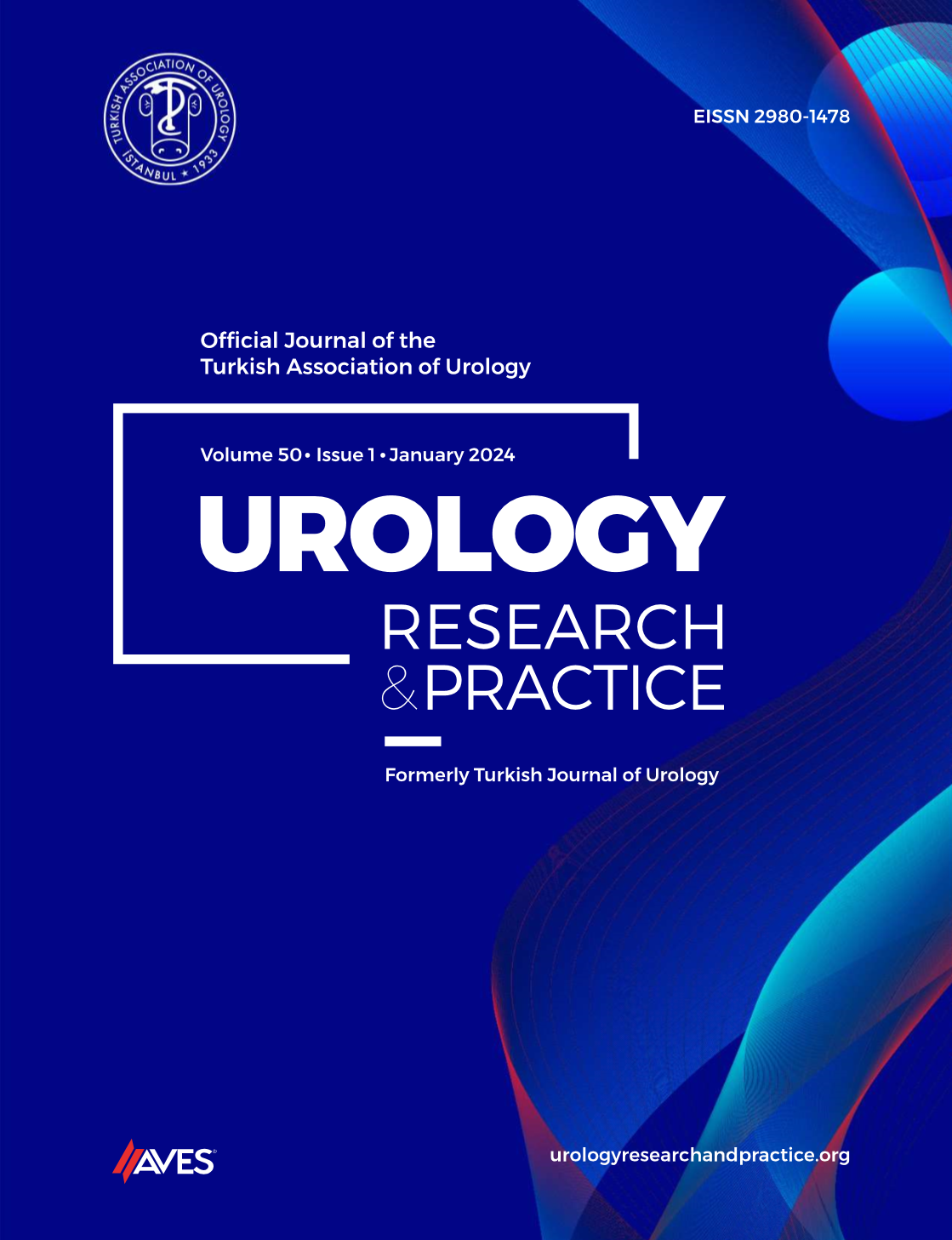Abstract
Objective: A new extended-release bupivacaine suspension bupivacaine (ERSB) delivers 3 days of local anesthetic and has been shown to reduce pain and narcotic usage in some patient groups but this issue is largely unstudied in urologic surgery.
Material and methods: We performed a single-surgeon retrospective chart review of the patients who underwent penile prosthesis implantation. Pain scores and standardized morphine equivalent (ME) dose data were collected during 23 hour-observation period. Subjects who received ERSB were compared with those who received standard bupivacaine or no local anesthesia.
Results: In a study population of 37 patients, those who received (n=13), and did not receive (n=24) ERSB were grouped, respectively. The groups were comparable demographically. ME was used 3.2 fold more frequently in the non-ERSB group (18.0, and 5.6 for non-ERSB, and ESRB groups, respectively (p=0.04). Mean overall pain scores were 3.8/10 for ERSB and 3.9/10 for non-ERSB group, respectively. Per patient medication cost for the control, and ERSB groups were $5.16 and $285.54, respectively.
Conclusion: The use of a new ERSB in penile prosthesis implants did lead to reduced narcotic consumption with comparable postoperative pain control to the non-ERSB group. However, the cost of the ERSB ($285/dose) may be prohibitive for its use.

.png)


.png)